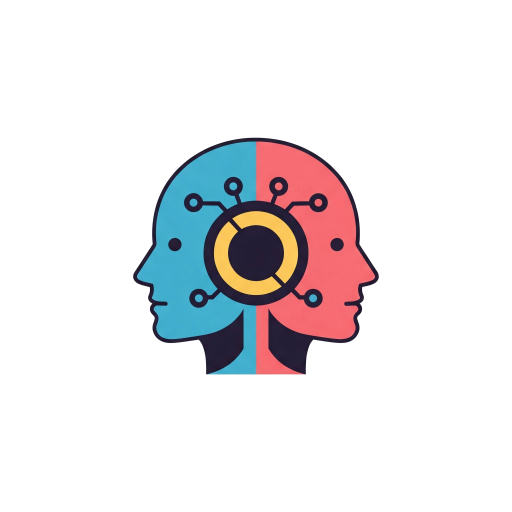A Fascinating yet Overlooked Danger to Our Free Will You Can’t Stop Watching
The Hidden Threat to Our Freedom of Will: An Underestimated Challenge in the Digital Age
In debates about artificial intelligence, our minds often jump to dramatic scenarios—murderous robots, sinister AI takeovers, or dystopian futures resembling the movies. These visions evoke images of chaos and control, but the true danger may lie elsewhere: in a subtle, pervasive trend shaping our minds without us fully realizing it.
The real threat isn’t an immediate catastrophe; it’s a gradual shift in how our attention is captured—and ultimately, how our worldview is formed. Across a lifetime, our perceptions, beliefs, and opinions are essentially a mosaic of the information our senses have absorbed. This encompasses everything—from the language we speak and the people we trust to our political ideologies.
Every living creature with a brain learns from experience, building an understanding of the world that supports survival. Humans, however, possess a remarkable advantage—we can transmit ideas using symbols. Through stories, speech, writing, and other forms of symbolic communication, we pass down complex worldviews across generations. This ability is our greatest asset but also opens the door to vulnerabilities.
The invention of writing around 5,000 years ago revolutionized how we share knowledge. Yet, for most of human history, literacy remained a rarity, and worldview shape was mostly rooted in direct experience. The advent of television added a new layer—an accessible form of symbolism that didn’t require reading—allowing information to reach the masses more easily than ever before. Over time, this shifted the balance: from a small portion of worldview influenced by direct experience to a much larger part molded by media and mass communication.
Growing up in the late ’80s, my world was limited—one television in the house, often turned off or not particularly engaging. Today, though, screens are ubiquitous, and the algorithms behind them are advanced enough to know us better than we know ourselves. This technological shift is staggering, and it’s happening rapidly.
Imagine a reality where your perception of the world isn’t solely based on your direct experiences but significantly shaped by an unseen digital hand—an algorithm curating what you see and hear. This isn’t a distant future; it’s already here. Every year, more of our symbolic environment is influenced by these systems, subtly steering our beliefs, desires, and even our sense of reality.
This digital manipulation poses a profound danger to free will. We risk becoming unwitting puppets, our thoughts and perceptions influenced by a vast, interconnected














Post Comment